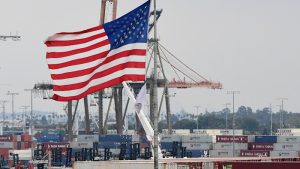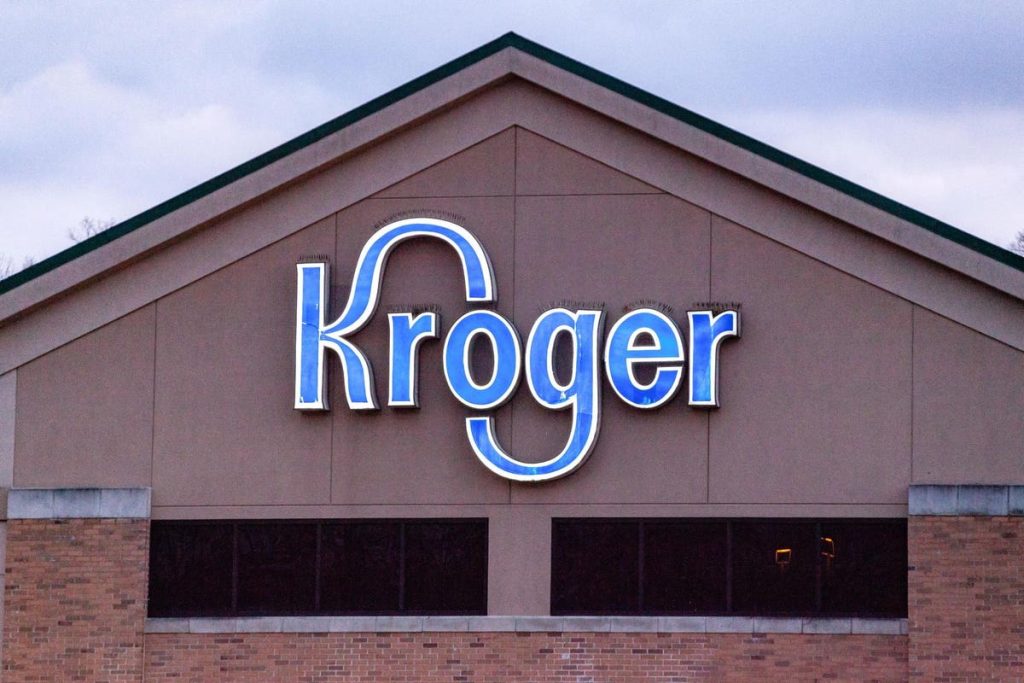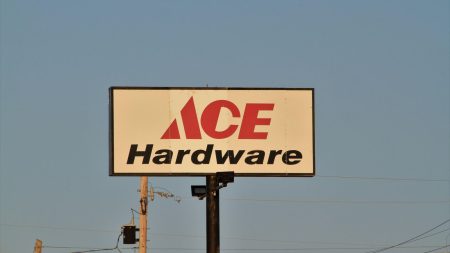Key takeaways
- Kroger has agreed to pay $1.4 billion to local communities and Native American tribes affected by the opioid crisis
- The company also announced a new deal with C&S to sell over 400 stores so it’s Albertsons merger can pass regulatory hurdles
- Kroger stock was the biggest gainer in the S&P 500 on Friday
Supermarket chain Krogers has been under fire for its alleged role in America’s opioid crisis, and the company has now agreed to pay as much as $1.4 billion to settle the lawsuits about it. The news came alongside a flurry of announcements from Kroger, including updates about its latest quarterly earnings and the proposed Albertsons merger.
The settlement will hit Kroger’s earnings, but the supermarket chain is focusing on the positives and its bright future with the Albertsons merger if it goes ahead. The question is whether the amount will be enough to satisfy the claimants – and if investors are happy with the move.
Let’s get into what we know about the Kroger opioid settlement deal and why it’s so significant in this latest plot point in the opioid settlements, its mixed bag of quarterly earnings results and if the payment impacts the proposed Albertsons merger.
What’s happening with Kroger’s opioid settlement?
Kroger has agreed to pay $1.4 billion after thousands of states, localities and Native American tribes have filed lawsuits against corporations involved in the decades-long opioid epidemic in America.
Kroger faced 2,000 lawsuits as part of the broader crisis, resulting in $51 billion in settlements – and counting. The supermarket chain had already agreed to settle opioid claims in New Mexico for $58.5 million and West Virginia for $62 million.
In a statement issued on Friday, Kroger confirmed it would pay $1.2 billion to the U.S. states and municipalities claiming against the company, as well as $36 million to Native American tribes over an 11-year period. It will also pay $177 million to cover attorney fees over a six-year period.
The press release confirmed that Kroger would negatively impact the company’s earnings. Kroger anticipates a $1.4 billion charge for the second quarter in 2023, with the payments beginning over several years from December this year. That negatively affects the earnings per diluted share of $1.54 on a GAAP basis.
“Kroger has long served as a leader in combatting opioid abuse and remains committed to patient safety,” the statement said. Kroger also confirmed the settlement wasn’t an admission of wrongdoing.
The settlement is significant because it’s the first regional supermarket chain to pay towards claimants. Last year, pharmacy chain operators CVS Health, Walgreens and Walmart
WMT
Does this affect the Albertsons merger?
It was a busy day for Kroger as it confirmed the next stage of its proposed $24.5 billion merger with a smaller regional supermarket chain, Albertsons. The two companies plan on selling over 400 grocery stores to C&S Wholesale Grocers for close to $2 billion to get the deal over the regulatory line.
The deal’s pretty impressive for C&S, which only has a couple dozen stores to its name under the Grand Union and Piggly Wiggly brands. Out of the acquisition, it gets 413 stores, eight distribution centers, two offices and five private label brands for a grand total of $1.9 billion. Japanese investment firm SoftBank is said to be interested in helping finance the deal for C&S.
The deal might not be enough to allay regulatory concerns over Kroger having too much control over prices, with the FTC requesting more information about the merger twice since it was announced in October last year. In a regulatory filing, the company said it might need to divest a further 237 more stores to C&S to get the deal done and dusted.
The merger is on track to close in early 2024. Kroger CEO Rodney McMullen said the divestiture was part of a “process to identify a well-capitalized buyer who will operate as a fierce competitor and ensure divested stores and their associates will continue serving their communities in the ways they do today”.
Kroger misses second-quarter revenue forecast
To finish off the whirlwind of announcements from Kroger, the grocery chain also reported its second-quarter earnings. It recorded earnings of 96 cents a share, higher than the 91 cents analysts had expected. But Kroger’s sales missed forecasts, arriving at $33.9 billion instead of the consensus estimate of $34.1 billion.
Kroger posted a net loss of $180 million, or 25 cents per share, compared to the same time last year when the grocer saw a gain of $731 million, or $1 a share. Kroger’s identical sales without fuel increased by 1%, which was also under the 1.2% expected from Wall Street.
Online sales were strong for Kroger, rising 12% from the previous year. The company also benefited from expanding into new markets, like Florida, by opening new warehouses to help with order fulfilment.
The $1.4 billion charge towards settling the opioid crisis lawsuits was also part of the report, though intriguingly, without the settlement, Kroger would have reported a net loss of 25 cents a share compared to earnings forecasts of 90 cents a share. The company confirmed the settlement wouldn’t impact the full-year earnings forecast and reiterated its guidance for the year.
Kroger’s CFO
CFO
How did Wall Street react to the news?
Or should we say multiple pieces of news? It seems investors are pleased that the opioid crisis elephant in the room has been settled, the earnings report showed growth in the right places and Krogers and Albertsons are making smart moves to get their merger sorted once and for all.
Kroger was the best performer in the S&P 500 on Friday, gaining 3.4% in its share price to hit $47.09. The S&P 500 gained 0.4% in comparison. The grocer’s stock has gained 5.55% so far this year. Wall Street has high expectations for the stock’s future – Bernstein analyst Dean Rosenblum rates the stock as Outperform with a $54 price target.
As for Albertsons, the company enjoyed a 3.43% increase in its share price after the news about the agreed divestiture to C&S. It’s seen an even more considerable year-to-date rise, with Albertsons stock climbing 14.15% higher.
The bottom line
The families and communities affected by the opioid crisis will get some much-needed closure with the newly announced Kroger settlement, which also paves the way for other regional supermarket chains to make similar moves. Investors should be on the lookout for similar announcements in the coming months.
As for the earnings report and merger news, Wall Street was happy to see Kroger and Albertsons making progress despite consumers tightening their belts. While the financial results were mixed, it seems a lot of hope is hanging on the merger being a success – and that optimism is buoying the share prices for now.
Read the full article here















